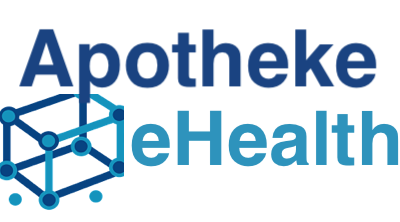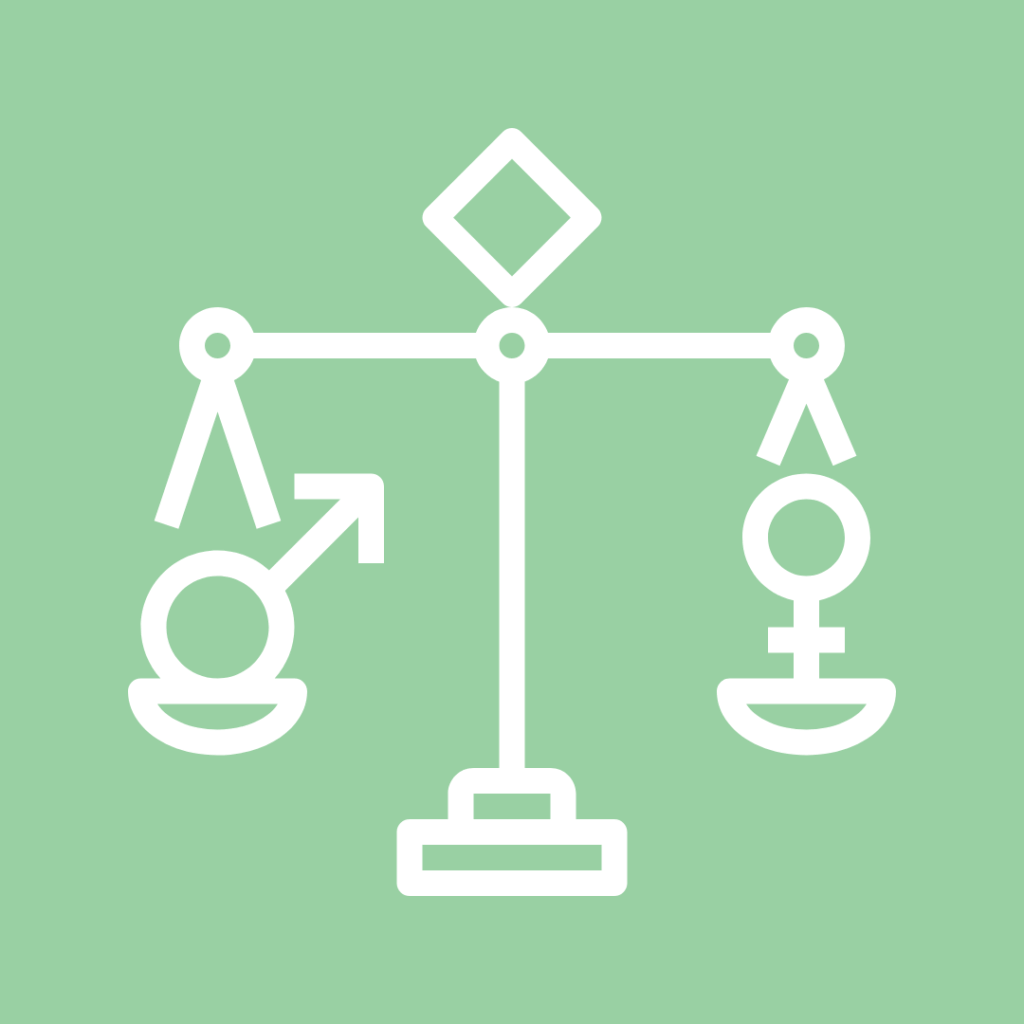Maintaining a hormonal balance is crucial for our overall well being. Our hormones play a role in regulating our metabolism, mood and reproductive functions thereby impacting various aspects of our health. However when hormone levels are out of sync it can lead to a range of emotional issues. In this article we will explore the topic of hormone balance. Delve into the insightful guidance provided by the comprehensive guide from the eHealth Hub on achieving optimal hormonal balance.
Getting Started
When striving for health it’s essential to understand the significance of maintaining a balanced hormonal state. Hormones act as chemical messengers within our bodies orchestrating physiological processes. When these hormones become imbalanced it can result in symptoms and health complications. To address this concern effectively the eHealth Hub has developed a guide that offers valuable assistance in navigating the path towards achieving hormonal equilibrium.
Understanding Hormonal Imbalance
imbalance arises when there is an overabundance or deficiency in specific hormone production. Multiple factors can contribute to this imbalance including stress, inadequate diet, sedentary lifestyle habits, exposure to toxins and certain medical conditions. The effects of hormone imbalance can manifest differently from person, to person—some may experience menstrual cycles while others may encounter weight fluctuations or mood swings. Additional symptoms may include fatigue, insomnia issues or decreased libido.
The guide provided by the eHealth Hub is a resource for individuals looking to restore their hormonal balance. It has been developed by leading healthcare professionals and experts in the field offering evidence based information and practical advice suitable for people of all ages and genders. The eHealth Hubs commitment to excellence and patient centered care makes this guide a source of information.
Being able to recognize signs and symptoms of hormone imbalance is crucial for intervention and effective treatment. These symptoms may vary depending on the hormones involved but common indicators include persistent fatigue, unexplained weight gain or loss mood swings, irregular menstrual cycles, acne, hair loss and decreased libido. If you are experiencing any of these symptoms it is important to consult with a healthcare professional who can help identify the cause.
Our lifestyle choices play a role in maintaining hormonal health. The eHealth Hubs guide emphasizes the importance of adopting a lifestyle to support hormonal balance. This includes following a rounded diet that incorporates whole foods such as fruits, vegetables, lean proteins and healthy fats. These food groups provide nutrients necessary, for hormone production and regulation.
In order to maintain balance it is important to incorporate regular exercise stress management techniques and adequate sleep into your routine.
When lifestyle changes alone are insufficient there are interventions available to restore hormone balance. The guide from the eHealth Hub outlines treatment options, including hormone replacement therapy (HRT). HRT can be beneficial for individuals experiencing symptoms related to menopause or other hormonal imbalances. However it is crucial to discuss the risks and benefits of HRT with a healthcare professional.
For those in natural alternatives or complementary therapies the guide also explores different approaches. Herbal supplements like cohosh evening primrose oil and chasteberry have been studied for their potential benefits in balancing hormones. Additionally practices such as acupuncture, yoga and meditation can aid in stress reduction. Promote harmonious hormonal function. It is advisable to explore these options under the guidance of practitioners.
Your diet also plays a role in achieving hormonal balance. Certain foods have been found to support hormone production and regulation. For instance incorporating foods in omega 3 fatty acids such, as salmon and chia seeds into your diet can help reduce inflammation and promote overall hormonal health.
Cruciferous vegetables like broccoli and kale contain compounds that aid in the metabolism of estrogen and support hormonal equilibrium. The provided guide offers dietary recommendations and suggests strategies for meal planning to optimize hormonal health.
Maintaining Hormonal Balance through Stress Management
Stress plays a role in influencing hormonal balance. Prolonged stress can disrupt hormone production and regulation resulting in imbalances. The guide highlights the significance of stress management techniques such as practices, deep breathing exercises and engaging in activities that promote relaxation and emotional well being. By managing stress individuals can enhance their hormonal health and overall well being.
Achieving Hormonal Balance at Different Life Stages
Hormonal changes occur during life stages like puberty, pregnancy and menopause. The comprehensive guide by the eHealth Hub provides insights into managing hormonal fluctuations during these phases. It presents advice tailored to each specific stage empowering individuals to address the unique challenges associated with hormonal changes effectively. By understanding these fluctuations and implementing strategies individuals can maintain balance while minimizing potential disruptions.
The Intersection of Hormone Balance and Mental Health
Hormonal imbalances can impact health potentially contributing to conditions such as anxiety, depression or mood disorders. This informative guide delves into the relationship, between hormone balance and mental well being.
It highlights the importance of seeking assistance for a holistic approach that addresses both the physical and emotional aspects of hormone imbalance.
Balancing Hormones and Fertility
For those facing challenges in fertility the guide offers insights into hormonal factors that affect reproductive health. Understanding how hormones impact fertility can empower individuals to make choices about assisted reproductive technologies and explore hormonal interventions that could enhance their chances of conceiving. The guide also emphasizes the significance of communication with reproductive health experts.
Hormone Balance and Aging
As we age our hormone balance naturally undergoes changes. The guide from the eHealth Hub focuses on these shifts during the aging process and stresses the importance of maintaining hormonal equilibrium for healthy aging. It provides information on lifestyle adjustments, medical interventions and other strategies that can support hormonal well being as individuals navigate through later stages of life.
Conclusion
In conclusion attaining balance is crucial for overall health and well being. The comprehensive resource offered by the eHealth Hubs guide equips individuals with knowledge and tools to restore and sustain balance effectively. By comprehending the causes, symptoms well as various interventions for hormone imbalance individuals are empowered to take proactive measures in optimizing their health while seeking personalized guidance, from healthcare professionals.
Frequently Asked Questions
1. What are the most common symptoms of hormonal imbalance?
Common symptoms of hormonal imbalance include fatigue, weight fluctuations, mood swings, irregular menstrual cycles, acne, hair loss, and decreased libido.
2. Can hormonal imbalance be reversed naturally?
In some cases, lifestyle modifications, including a balanced diet, regular exercise, stress management, and adequate sleep, can help restore hormonal balance naturally. However, it is important to seek professional guidance for individualized recommendations.
3. How does hormonal balance affect weight management?
Hormonal imbalances can impact metabolism, hunger, and satiety hormones, which may affect weight management. Restoring hormonal balance can support healthy weight management efforts.
4. What are the risks associated with hormone replacement therapy?
Hormone replacement therapy (HRT) carries certain risks, including an increased risk of blood clots, heart disease, stroke, and certain types of cancer. It is essential to discuss the benefits and risks of HRT with a healthcare professional.
5. Are there any lifestyle changes that can promote hormonal balance?
Yes, adopting a healthy lifestyle that includes a balanced diet, regular exercise, stress management techniques, adequate sleep, and avoiding exposure to environmental toxins can promote hormonal balance.
Sources:
“Do You Have a Hormone Imbalance?” – WebMD https://www.webmd.com/women/ss/slideshow-hormone-imbalance
“Hormones and Endocrine Function” – Endocrine https://www.endocrine.org/patient-engagement/endocrine-library/hormones-and-endocrine-function
“Stress and your health” – Womenshealth https://www.womenshealth.gov/mental-health/good-mental-health/stress-and-your-health
“Your Health and Hormones” – Endocrine https://www.endocrine.org/patient-engagement
“Hormonal Imbalances: Symptoms, Causes, and Treatment” – Medical News Today https://www.medicalnewstoday.com/articles/321486

